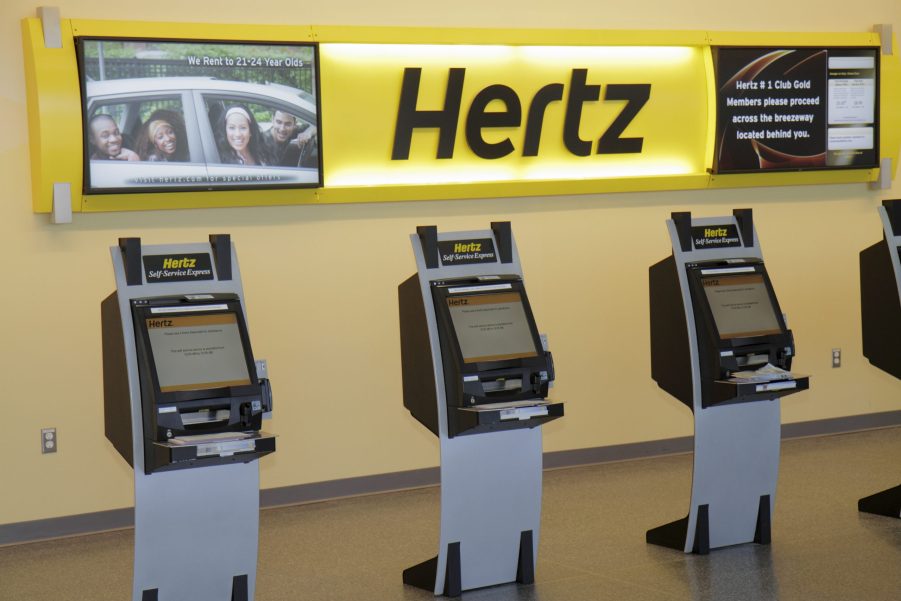
Hertz Bankruptcy Saga Continues
Back in May Hertz, the rental car giant, announced bankruptcy. The move was largely attributed to the global COVID-19 pandemic. For the most part, people stopped traveling. Consequently, fewer people rented cars. We have covered before how we anticipated that the bankruptcy meant many of Hertz’s cars were going to invade the used car market and devalue everybody’s resale values. Now, word comes out that an agreement was meant so that Hertz can move forward, sorta.

The beginning for Hertz
Hertz started in 1918, when Walter Jacobs, at the age of 22, began renting 12 Model-Ts in Chicago. The company did so well that in 1925 annual revenues were about $1 million. That was the same year that the company’s coast-to-coast rental network was established. Since then, the company has gone international, making sure to have a presence at airports and railway stations.
Regional versus global impact
Hertz, however, never had to deal with a global lockdown due to an infectious virus. Prior to the COVID-19 influence, travel always continued. Although it may have had downturns in one region or another, rentals of cars and travel were ongoing. So, Hertz has been able to weather many economic conditions because of its large size. The global pandemic, however, brought almost everything to a halt immediately around the world. Since then, Hertz has been trying to do what it can to stay afloat. But, in May of this year, bankruptcy was the only option. At that time, Hertz released a statement that said in part,
“The impact of COVID-19 on travel demand was sudden and dramatic, causing an abrupt decline in the company’s revenue and future bookings.”
The statement continued,
“Hertz took immediate actions to prioritize the health and safety of employees and customers, eliminate all non-essential spending and preserve liquidity. However, uncertainty remains as to when revenue will return and when the used-car market will fully re-open for sales, which necessitated today’s action.”
The battle to move forward
Since May, Hertz and its creditors have been trying to work the bankruptcy terms out together. At first, it looked like Hertz would have to sell as many as 400,000 cars from inventory. But, some argued that doing so would give Hertz no way to recover if it were to come out of bankruptcy. So, there has been a back and forth saga going on.
An agreement has finally been reached, however. According to our friends at The Drive,
“Hertz Global Holdings Inc. said it has reached a temporary agreement with the group of creditors that had been fighting against the company’s plans to shed a large portion of its leased vehicle fleet. The filing states that Hertz and its lenders have found middle ground that allows repayment of debt in monthly installments through the end of the year, but the deal involves a fire sale of nearly 200,000 vehicles to raise funds for repayment.”
Almost 200,000 Hertz rentals to be sold
Pending court approval of the deal, Hertz will be selling 182,500 vehicles that need to be off of Hertz’s books by 2020’s end. This means that the used car market is about to be flooded with former rental cars. That, of course, means that the recent spike in used car values will likely be impacted negatively to some degree, especially near Hertz’s established business centers.
Hertz and COVID-19
If the sales of the former rental cars go as planned, there is still no guarantee that the Hertz will be able to come out of bankruptcy. Much of this planning is predicated upon the global travel market being restored, hopefully to a great extent. But, COVID-19 has been playing havoc with every company’s plans. Nobody knows if there will be continuing waves of the virus that sweep across the lands, how quickly vaccines will be developed, or how large gatherings of people will be handled, such as at airports and rail terminals. So, as much as a great American company having a great recovery is a story we would like to write about, there is too much uncertainty right now to expect that at this juncture.


